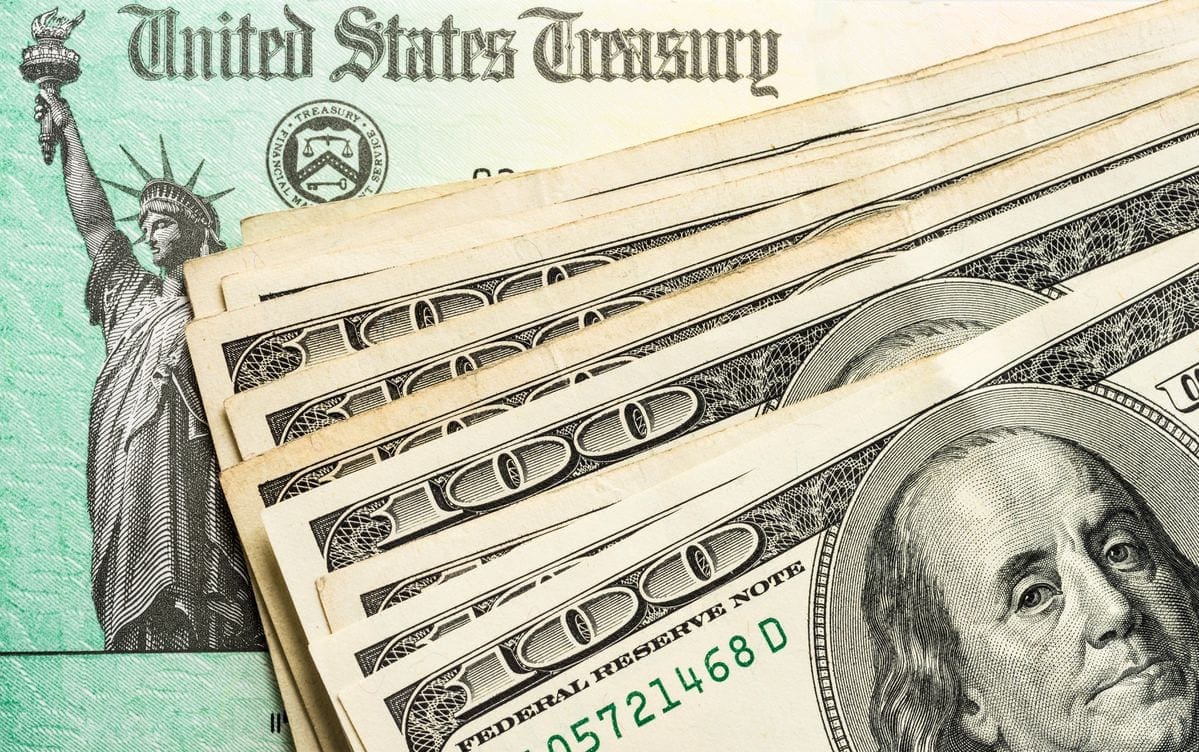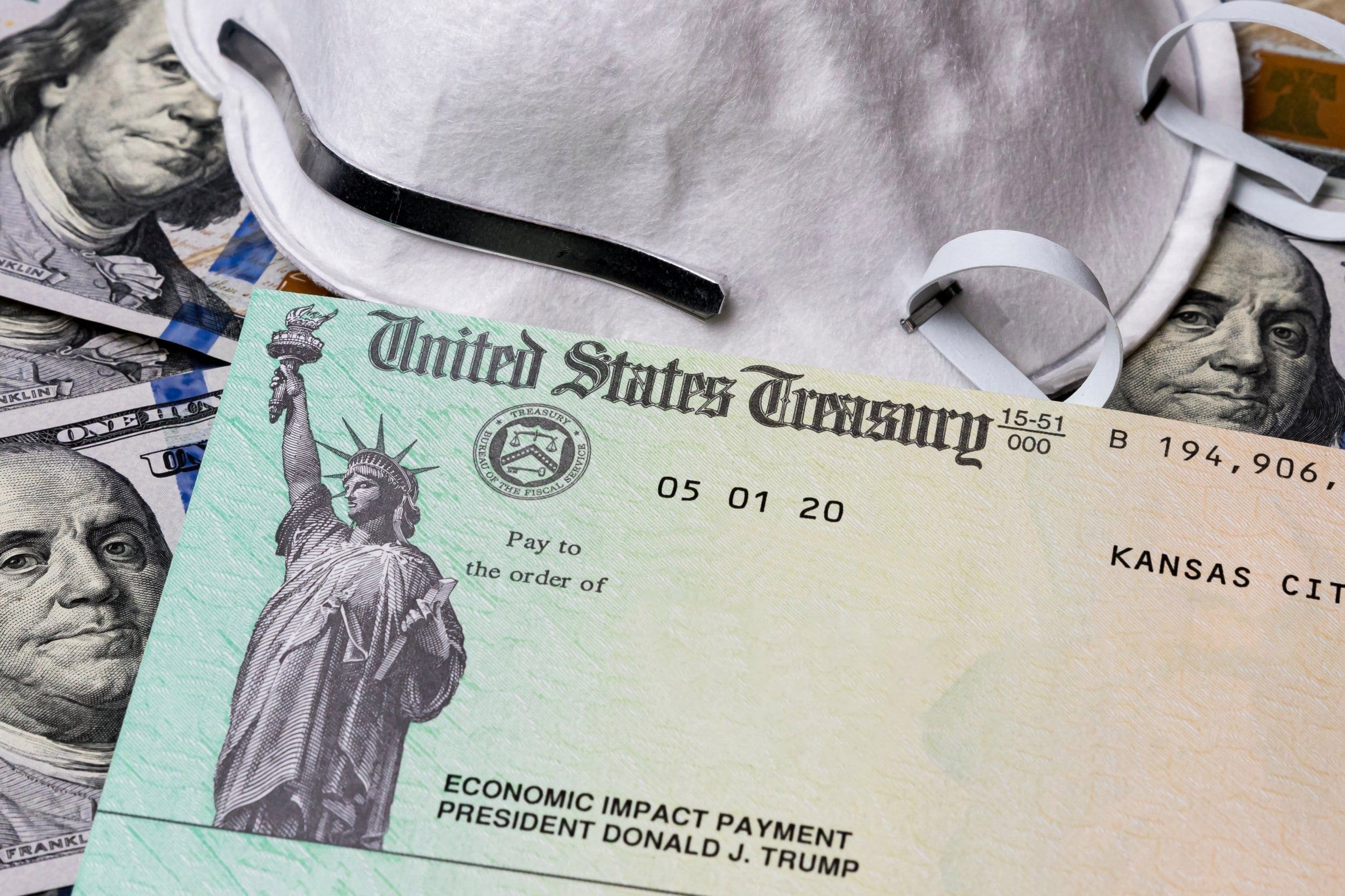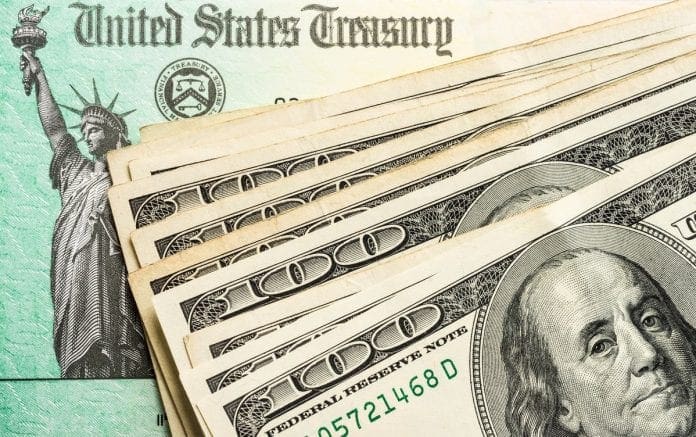The first two years following the pandemic saw the federal government actively involved in sending out stimulus checks. But this enthusiasm was totally missing in 2022 as political intrigue in Washington ensured that people had to go without federal support at a time they needed it the most.
The states that stepped in were limited to less than half with around 20 states sending out inflation relief to residents in the form of direct stimulus checks, tax rebates, gas and transit debit cards, and sales tax waivers.
While most states moved in swiftly and sent out stimulus checks to residents in the first two quarters of 2022, others like California have timed their stimulus checks for the final quarter of 2022. But the payments have continued into the New Year and are expected to go on into the second month after an initial cut-off date of January 14, 2023.
The state stimulus checks are not expected to be anything more than a reprieve for most low and moderate-income residents as the increase in prices has beaten the increase in wages by a long margin.
The post-pandemic period saw a healthy rise in wages at 3.5% on average. But the rise in inflation that reached record highs of 9% plus in the middle of 2022 has ensured that most Americans have faced a negative increase in wages for the first time in decades.
Inflation figures touched 9.1% in June 2022, the highest since November 2022, and while the state stimulus checks have been a welcome relief, only a sustained support measure initiated by the federal administration can arrest this trend.

The state stimulus checks have been confined to the coastal states both to the east and the west. But there have been a few southern states that have also supported residents with state stimulus checks. They include Florida, Alabama, Arkansas, Kentucky, and Louisiana. Tennessee, Virginia, West Virginia, and Oklahoma.
But for residents who missed the filing deadlines, the southern states that made the payout ended them in 2022. However, one southern state is allowing residents the right to claim inflation relief at the last moment.
The South Carolina Stimulus Check
South Carolina is one of the two southern states where inflation-plagued residents may still be able to collect an inflation relief stimulus check. But the payments are not a given. In June last year, the legislature of South Carolina approved the plan to send out a billion dollars to residents in the form of a one-off tax rebate.
But the original deadline for the payments was the last day of 2022. Most residents who qualified for these stimulus checks have already received the payments, the maximum of which was $800 paid through direct deposits.
But residents who wish to avail themselves of the state disaster relief extension payments to file their retur4ns have still a window of opportunity in the middle of February 2023. The state of South Carolina issued a final payment in March this year thanks to the provision of the disaster relief extension that was granted due to Hurricane Ian.
Southern States That Have Ended Their Stimulus Checks Payments
Three other states in the south, Georgia, Florida, and Virginia, have also issued some form of stimulus payment to ride out the high inflation. But the deadline dates have passed for each of the three states.
Some householders in Florida were eligible for a one-off payment if they reported at least one child. The total amount came to $450 for each child. The Hope Florida payments, as it was called, was a ‘pathway to prosperity’ program where eligible filers automatically received stimulus checks that would offset the rising inflation costs. The Florida payments were made in July last year at around the same time the state’s tax holiday for families with school children began.
The Georgia rebate payments went out to qualifying filers as a payback against the budget surplus enjoyed by the state. While individual filers received $250, for the head of household, the amount came to $375. Joint filers received the most at $500 for each married couple filing jointly. The payments went out only to those who filed their 2021 returns before April 18 last year. Payments went out by August 2022 and that was the last of the state distribution.


The Virginia general assembly gave assent to a one-off tax rebate in the middle of last year. The payments went out to those who filed their income tax returns before the accounting date. The rebates went out in the form of a $250 stimulus check to the individual filer and double the amount for married couples filing jointly. Those who are yet to receive a direct deposit for a tax refund in the previous year would receive a stimulus check in their mailbox.
IRS Give Their Ruling On Taxation Over State Stimulus Check
Recipients of state stimulus checks received some news that is sure to further cheer them on. The IRS had previously asked filers to hold off filing their income tax returns until officials determined whether state stimulus check was subject to federal income tax.
The IRS has stated that they will not touch the state returns as they were no longer taxable. Now tax filers in over 20 American states can go ahead and file their taxes, safe in the knowledge that their state stimulus check part will not be subjected to taxation.
Such residents will not have income tax collected against state payments or tax refunds or any other form of state support to families in the state. they will also not have to file them in their returns. The IRS has further stated that the payments made by such states were for disaster relief payments or general welfare. So they were not technically liable to be taxed.
But residents of Massachusetts, South Carolina, Virginia, and Georgia will have to report such income earned from states unless the residents dis something contrary to the spirit of the income tax. So while the IRS will not tax a majority of the stimulus relief payments, some residents will have to claim a standardized or itemized deduction for the waiver.






